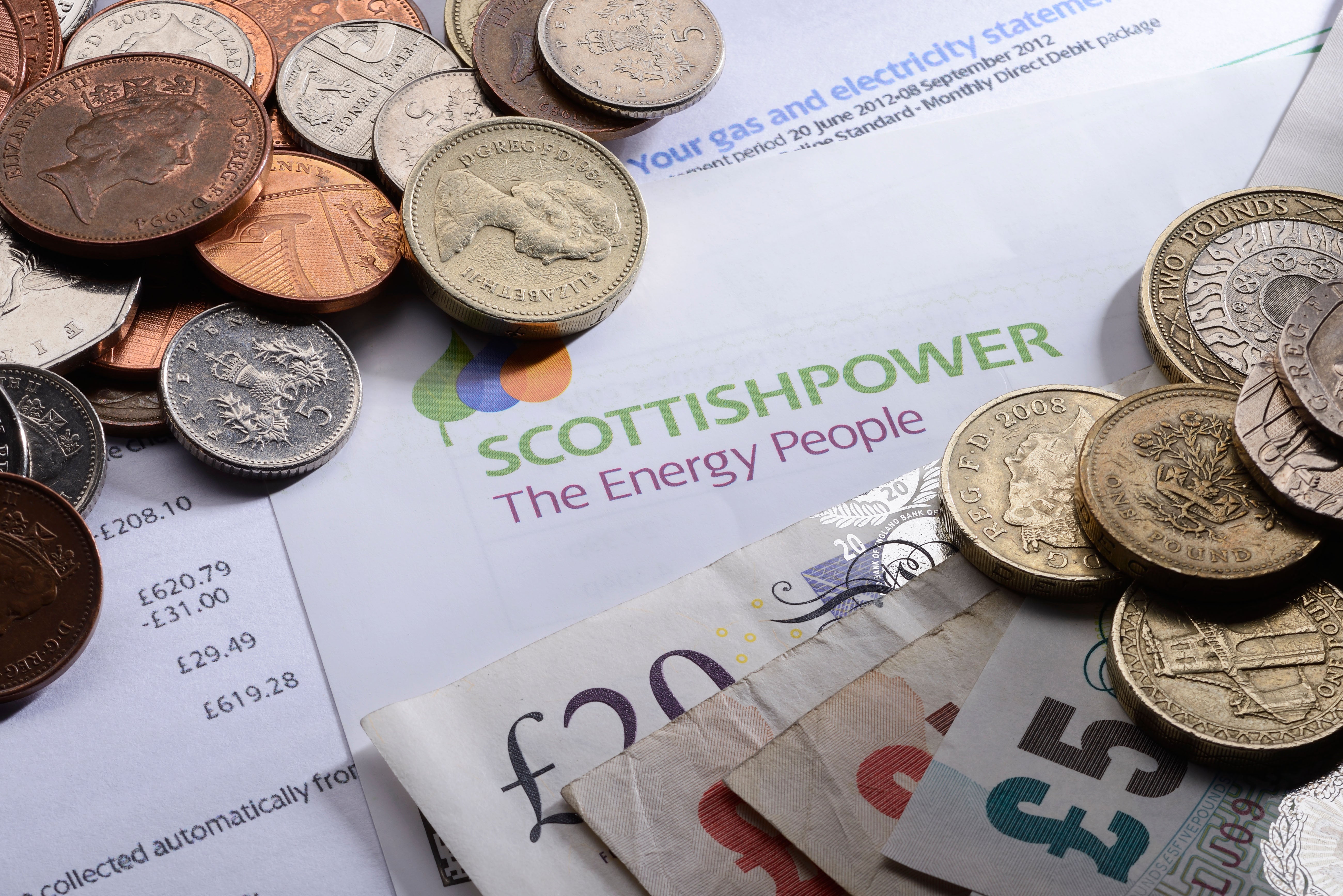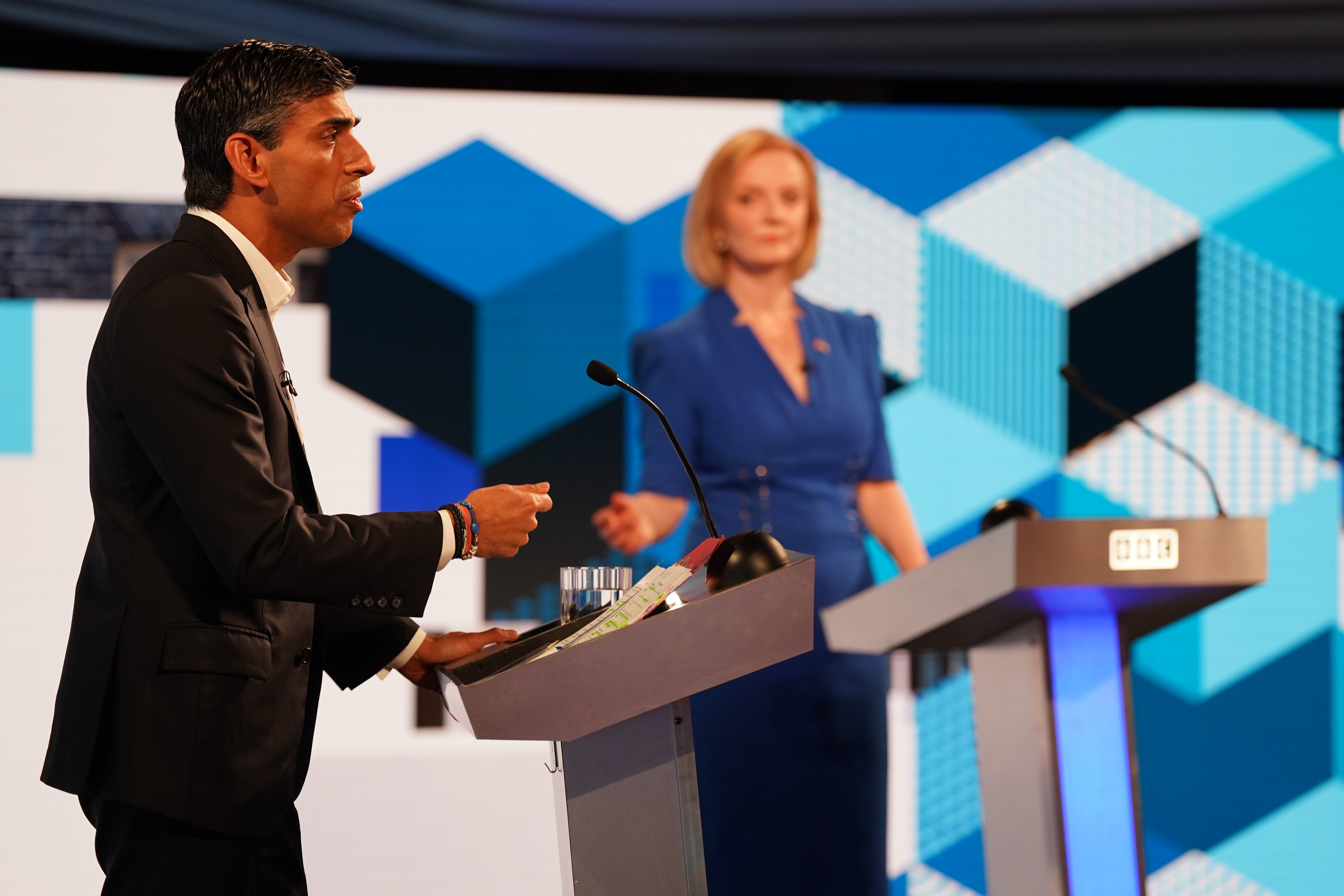Does Labour’s £29bn energy bills plan add up?
A six-month cap on gas and electricity would help struggling households but the plan is not without its flaws, writes Ben Chapman


Sir Keir Starmer has proposed a massive £29bn package to cap energy bills at current levels, which he says will help tackle Britain’s worsening cost of living crisis and bring down inflation.
The Labour leader claims that his “fully-costed” plan will reduce the rate at which consumer prices are rising by 4 per cent – a move that would have the added benefit of slashing the interest government pays on billions of pounds of debt that’s linked to inflation.
But do Labour’s figures add up and is this plan the best way to ease the pain of rising bills?
What is Labour proposing?
Labour would freeze the price cap on households’ annual gas and electricity bills at the current level, which is equivalent to £1,971 for an average-usage household.
The freeze would remain in place for six months over the winter until 31 March next year when it is hoped warmer weather will ease the pressure on household bills.
Without any action, energy regulator Ofgem is projected to increase the cap to around £3,600 on 1 October and £4,200 on 1 January.
Is Labour’s plan ‘fully costed’?
Clearly wary of his party’s lingering reputation for profligacy, Starmer has been at pains to state that Labour’s plan is “fully-costed”. He claims that £8bn will come from closing “absurd” loopholes in a windfall tax on oil and gas producers introduced in the spring and backdating the levy to January.
A further £14bn will come from money already earmarked by the government for support to cover energy bills and a further £7bn will be saved through cutting debt interest payments thanks to reduced inflation.
However, the director of economic think tank the Institute for Fiscal Studies, Paul Johnson, questioned Labour’s figures.
He told BBC Radio Four’s Today programme that it would be “true this year” that this would bring down inflation and interest on government debt payments, but warned the average rate of inflation would not change over time assuming it was only a temporary subsidy, “so that’s not a real saving ... in the long run”.
In response, Sir Keir told BBC Breakfast: “What Paul Johnson isn’t disputing is that our plan will reduce inflation...
“Of course what he’s rightly saying is what happens after April matters because you have to maintain measures to reduce inflation.”

What happens after six months?
It is certainly possible that people will need help with their energy bills beyond the next six months.
Asked about the potential length of the freeze, Sir Keir said the situation would have to be assessed in April according to the forecasts.
While no one can know for certain where energy prices will be next April, the consensus is that they are almost certain to remain elevated for some time and will fall back gradually from their record highs in 2023.
If correct, that would mean the government would be under considerable pressure to announce more support next year, or households face being hit with big increases to bills when the freeze ends.
People would hopefully be cushioned from some of the impact by warmer weather, buying the government a little more time until next winter.
Sir Keir also said that other measures were needed “on food etc to keep those prices down” and to insulate 19 million homes over the next decade.
Is it the best way to tackle the cost of living crisis?
It is certainly a bolder and clearer proposal than any offered by the hopefuls to be Britain’s next prime minister, Liz Truss and Rishi Sunak.
Truss has said she backs tax cuts which critics say would risk fuelling inflation even further and would not offer the help desperately needed by people in most need.

Sunak has indicated he would offer more support, in addition to the package of grants and discounts he announced as chancellor, but he has not been clear about what this would mean.
The current chancellor, Nadhim Zahawi has reportedly asked Treasury officials to draw up plans to cut gas and electricity bills by an extra £400 in January through a new lending scheme for energy providers.
Who will benefit most from Labour’s proposal?
While Labour’s proposal has been broadly welcomed it does have downsides. Because the benefit is universal, many of the biggest beneficiaries would be wealthy owners of large homes who tend to spend more money on heating than less well-off people in smaller properties.
For example, Rishi Sunak could receive thousands of pounds off the cost of heating the new indoor swimming pool being installed at his £1.1m mansion in Yorkshire, while a single parent in a small, new-build flat might only see a fraction of the discount.
This set-up would also do nothing to reduce demand for gas in the UK, which will be crucial to bringing down prices in the long term.
Arguably the best way to do this is to protect everyone at risk of being unable to heat or power their home, while allowing everyone else to be exposed to higher prices.
This would incentivise people who can afford to reduce their energy usage to do so, and to look at options for installing renewable energy generation, heat pumps and home insulation – all of which are needed if the UK is to end the dependence on fossil fuels, which is the root cause of the current crisis.
The problem could be partially solved if Labour were to put an upper limit on the discount or subsidy that any household could receive on their bills.
However, such a progressive approach may not be top of the agenda for a Labour Party seeking to win over middle-class voters who are increasingly put off by the Conservatives’ lurch to the right.







Join our commenting forum
Join thought-provoking conversations, follow other Independent readers and see their replies
Comments